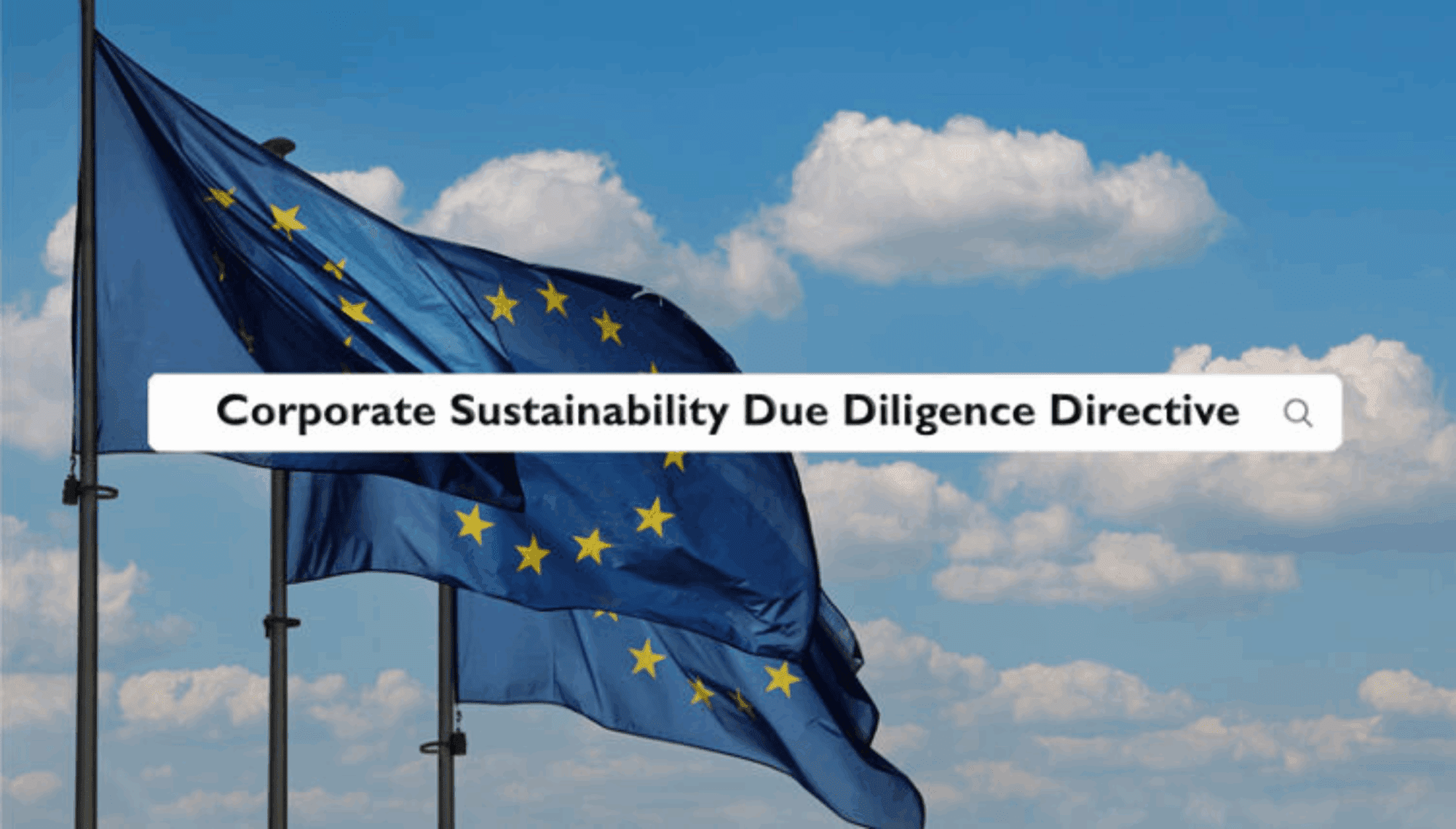
Regulation guidance: CS3D
Become a FESPA Member
to Continue Reading
How does the Corporate Sustainability Due Diligence Directive (CS3D) affect printers, and what do they need to do to ensure compliance? Sustainability consultant Rachel England outlines everything you need to know.
The Corporate Sustainability Due Diligence Directive (known as CS3D or CSDDD) is part of the European Green Deal, the overarching aim of which is to make the EU’s climate, energy, transport and taxation policies climate neutral by 2050.
CS3D became law on 25 July 2024 and is designed to foster responsible and sustainable behaviour within companies’ operations and across their value chains. It’s a groundbreaking regulation in two key respects. Firstly, it introduces mandatory human rights and environmental due diligence for companies, moving away from the generally voluntary nature of such due diligence. Secondly, it sets out an obligation for large companies to adopt and put into effect a transition plan for climate change mitigation aligned with the 2050 climate neutrality objective of the 2015 Paris Agreement.
For citizens, CS3D promises better protection of human rights, including labour rights, a healthier environment, and more transparency around goods and services, leading to more informed choices and increased trust in businesses. For companies, compliance with the directive offers better risk management and resilience, a harmonised legal framework that creates legal certainty, and further benefits such as increased competitiveness, customer and investor appeal, and better access to finance.
CS3D goes hand-in-hand with the Corporate Sustainability Reporting Directive (CSRD), but there are key differences. CS3D is about identifying areas for action and making changes, whereas CSRD is about reporting on changes made. However, a business cannot comply with CSRD without conducting due diligence, so there is an overlap between the regulations.
Who is affected by CS3D?CS3D applies to:
Large EU limited liability companies and partnerships with more than 1,000 employees and a net worldwide turnover of more than €450 million. Large non-EU companies with a net EU turnover of € 450 million.Micro companies and SMEs are not directly covered by the proposed rules. However, they could be indirectly affected as business partners in value chains, so it’s important that they are aware of the requirements of CS3D.
What are the obligations of CS3D?The core elements of this duty are identifying and addressing potential and actual adverse human rights and environmental impacts in the company’s own operations, their subsidiaries and, where related to their value chains,…
...